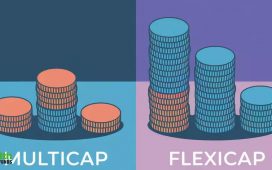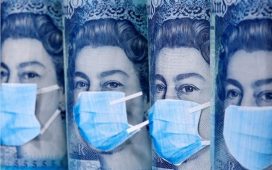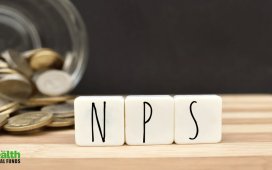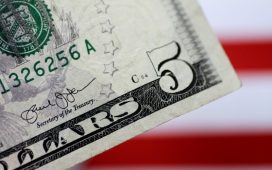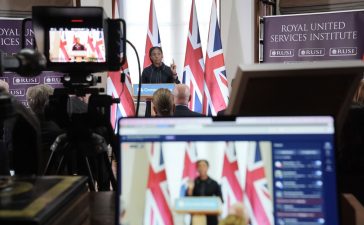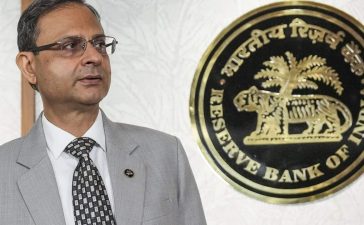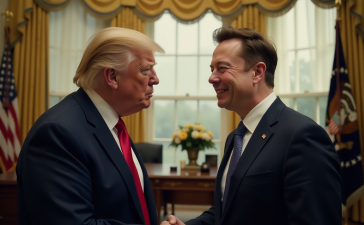
Investing.com– The Japanese yen weakened further on Thursday, with the USDJPY pair rising to its highest points in 38 years while blowing past levels which traders believed would attract intervention by the Japanese government.
The yen’s pair, which gauges the number of yen required to buy one dollar, surged as high as 160.81 yen in morning trade, reaching its highest level since 1986.
The pair traded around 160.56 yen by 20:33 ET (00:33 GMT).
Weakness in the yen came even as Japanese officials warned this week that they would intervene in the event of “excessive” volatility in the currency market.
Traders had assumed that authorities would step in after USDJPY breached 160, given that they had done so in May, selling billions of dollars and buying up yen en masse to support the currency.
But the USDJPY pair’s movement so far suggested that no supportive measures had been taken.
The yen’s latest bout of weakness comes following dovish signals from the Bank of Japan at a meeting earlier in June. A lack of clarity on when and how the central bank plans to tighten policy saw traders remain short on the Japanese currency.
Weakness in Japan’s economy has also cast doubts over the BOJ’s ability to tighten policy and raise interest rates further, after a historic hike in March.
Still, recent economic prints showed some pick-up in the economy. Retail sales data for May read stronger than expected, on a pick-up in wages.
The BOJ expects higher wages to drive up consumption in the coming months, potentially giving the central bank some headroom to further tighten policy.
But the biggest point of pressure on the yen is the prospect of high U.S. interest rates. A widening gulf between U.S. and Japanese interest rates, which were in negative territory until March, kept traders largely biased towards the dollar and short on the yen.

